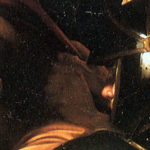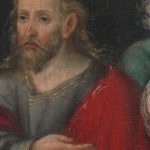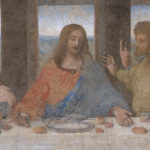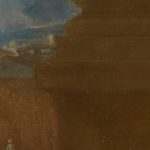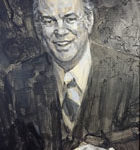
In a scientific age we continue seeking truth, and we seem to do better with the issue than did the ancients. They had neither the tools we now have, nor the ease of language forms now available. What they did have they appear to have moved along, even if slowly, in their emerging generations, finding how to formulate ideas. Their cultivation of language was strong in meaning. Studies of ancient languages show us how rich those languages were even with paucity of some words. We now use a number of words to express the meanings they held in one word or phrase, and even then we may miss the meaning. The problem becomes greater because we use language in so… Read more

